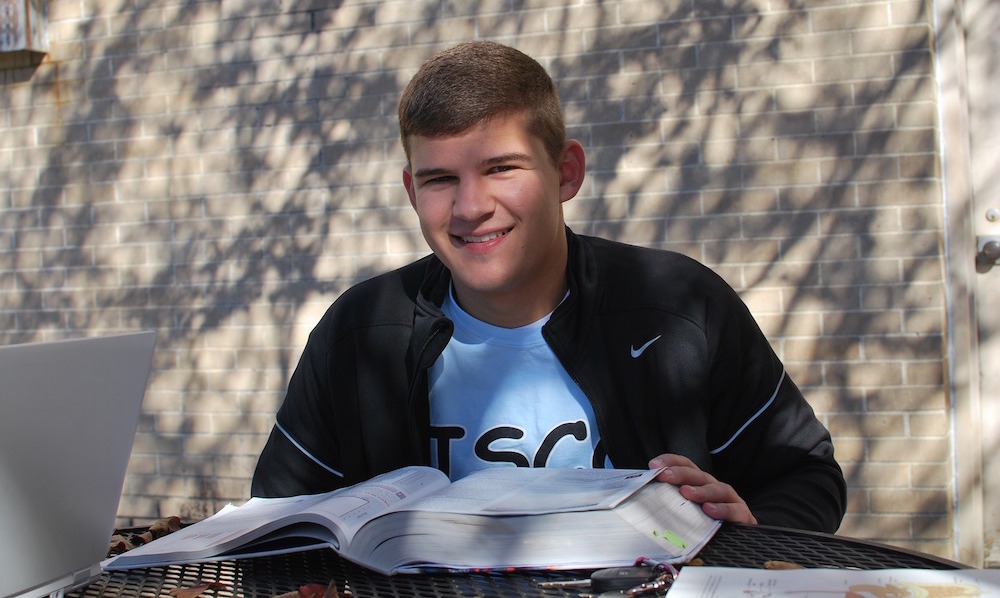The Importance of Social and Emotional Learning Skills for Student-Patients

The role of a teacher in a behavioral health or other treatment facility requires a unique set of skills. Flexibility, creativity, compassion and the ability to connect with students quickly to develop a relationship based on trust are all characteristics common to high-quality teachers in these settings. So too is the ability to provide a conducive environment for social and emotional learning for all students- a skill set that is vital for student success.
What is Social and Emotional Learning?
The Collaborative for Academic, Social, and Emotional Learning defines social and emotional learning (SEL) is the process through which children and adults acquire and effectively apply the knowledge, attitudes, and skills necessary to understand and manage emotions, set and achieve positive goals, feel and show empathy for others, establish and maintain positive relationships, and make responsible decisions.
There are 5 Core Competencies in Social and Emotional Learning:
- Self-Awareness
- Self-Management
- Social Awareness
- Relationship Skills
- Responsible Decision Making
Self-Awareness is the ability to recognize one’s thoughts and emotions and the impact they have on behavior. It includes being able to identify personal strengths & weaknesses, and develop confidence and have an optimistic outlook on their situation.
Self-Management is the ability to regulate one’s emotions, behaviors and thoughts in varying situations. This also includes controlling impulses, managing stress, and the ability to self-motivate, which can be especially difficult for someone facing mental health challenges.
These SEL skills and the others included in the 5 core competencies are important for student success- academically, socially, and emotionally. According to Jones et. al (2015), “early prosocial skills significantly predicted number of years on medication for emotional or behavioral issues through high school.”
Yet these core competencies and prosocial skills are all things students requiring admission for behavior health reasons or substance use disorders may find challenging, and therefore, are in need of support to learn such skills.
The Importance of Teachers with Knowledge of Social and Emotional Learning
Students need to be working closely with people who can help them make the connections they need, regardless of whether they are in their seat at school or admitted to a treatment facility. Teachers are an important member of the team during a student’s admission- they help ease the transition process back into school by helping students stay academically engaged while receiving treatment.
Teachers skilled in social and emotional learning know how important SEL skills are, and that they can be taught in a variety of ways and settings. By taking steps to create a classroom environment that focuses on the social and emotional needs of students, teachers are able to develop a caring and welcoming place for learning and establish a respectful relationship with students.
When students feel that teachers respect and understand them, they are more likely to engage in learning. Students in crisis need this more than any, as often academics may be the last thing they want to focus on.
By creating a structured and safe learning environment even during times of crisis, teachers are able to make connections with students, even during short admissions, and meet the individual needs of each student.
Challenge of Finding Teachers Skilled in Social and Emotional Learning
Teaching student-patients requires special skill, and social and emotional learning is a big part of that. Many teachers do not receive training on student social and emotional learning during their teacher preparation programs. In fact, a study by Schonert-Reichl et. al. (2017) found that an overwhelming majority of teacher education programs do not address any of the 5 core competencies. These skills must be developed later on through professional development and personal experience.
Recruiting teachers who understand and appreciate the unique challenges of students with social and emotional difficulties is vital for an education program’s overall success.
Though necessary for success, finding teachers familiar with the social and emotional learning needs of students—and how to teach them—can be a difficult task. If you are searching for high-quality teachers for your facility, please contact us today to learn how we can assist you in that process.
Latest News & Updates
The Power of Personalized Learning: How Virtual Tutoring with Certified Teachers Transforms Education
In today’s evolving educational landscape, personalized learning has become an...
December De-Stress: Managing Finals and the Holiday Rush
December can be one of the most challenging times of the year for student mental...
Beyond the Classroom: How LearnWell’s Virtual Tutoring Elevates Flexibility, Reduces Stress & Strengthens Learning
In an era when work, family, health, and academics must all coexist, rigid...



